What Is The Cost To Replace a Driveway in 2025? What You Need To Know!
-
Pete Ortiz
- Last updated:
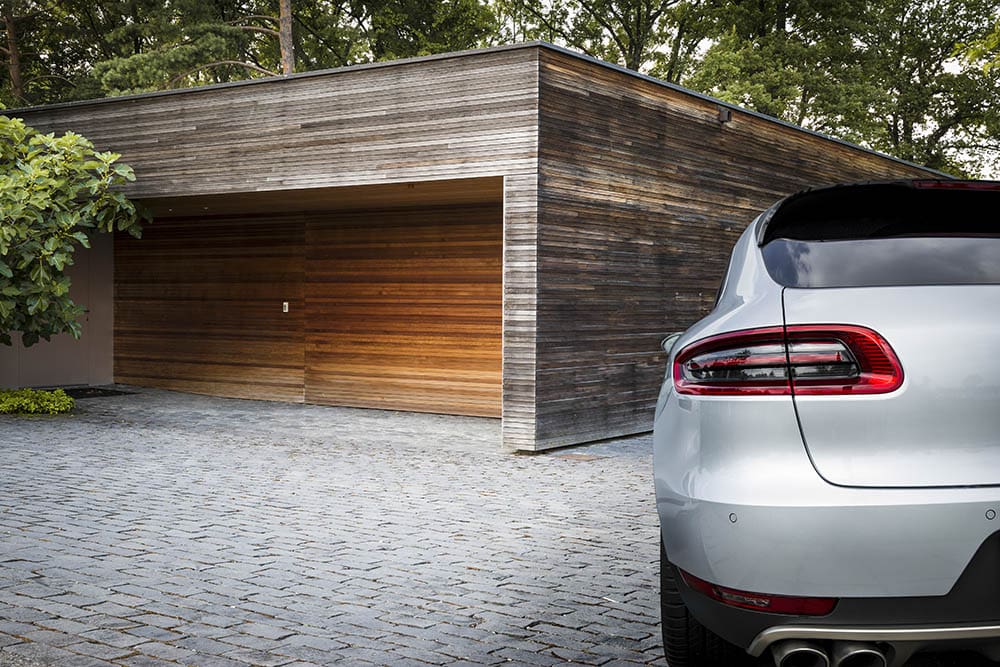
What you end up spending while replacing your driveway will depend on several factors. And this is something that any experienced contractor will tell you right off the bat. They know driveways are often made of different materials, and none of them are installed using the same procedures. Basically, it’s the one thing that makes prices per square foot vary, as well as the overall cost of installation.
Let’s assume your driveway is made of concrete, and you’re looking to give it a few touch-ups. The costs of replacements won’t be the same as that of replacing an asphalt driveway. The materials and procedures followed during reinstallation, are very different.
Other than pricing, we also have other factors that influence these costs. You’ll have to think about the state of the existing sub-base, availability of material, site conditions, how extensive the damage is, the cost of removing the old driveway, hauling away debris, etc.
The Cost Of Getting a Replacement
If you need to replace your current driveway, logic dictates that you’re supposed to add the total costs of building a new driveway, on top of the costs you’ll incur while removing the old one.
We’ll discuss the cost of removing a driveway after we’ve looked at how much you’re expected to spend on a new one.
Concrete Driveway
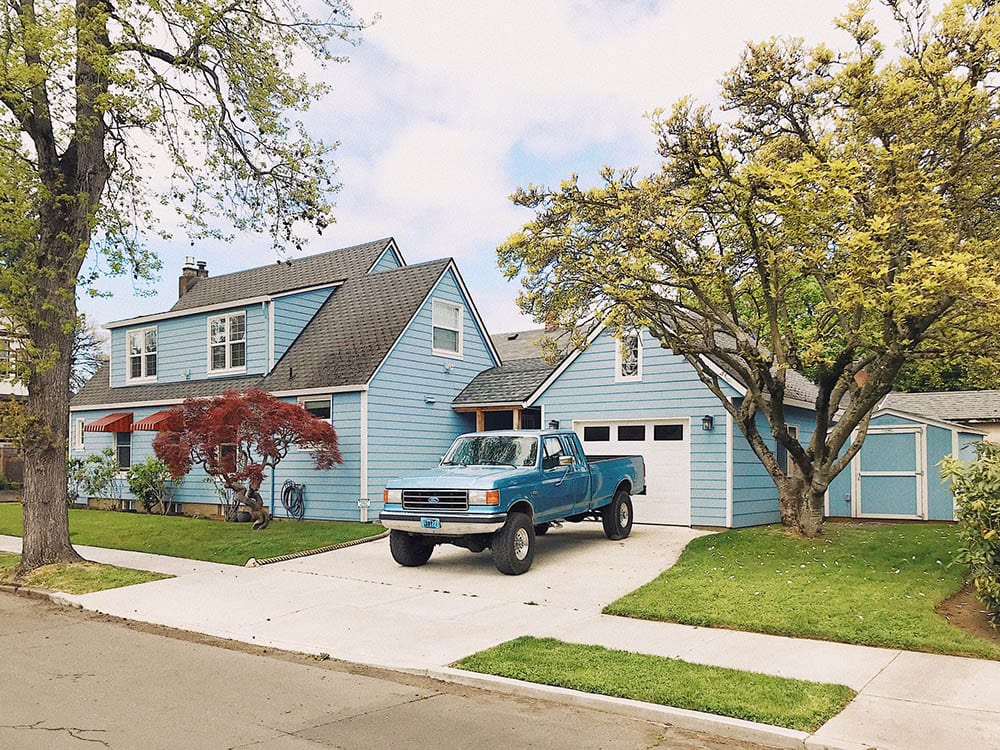
Concrete driveways are the most common driveways because of the durability factor. This material can take any form of abuse you throw at it, leaving you wondering why anyone would go with a different choice. What’s more, it always gives a polished, professional finish, even if it’s not getting the level of maintenance it requires.
On average, you’ll be expected to spend $2,400 to $4,800 when installing this type of driveway, on the condition that it covers a surface area of 600 square feet. As per our estimates, that translates to $4 to $8 per square foot.
Tar-and-Chip Driveway

In some circles, the tar-and-chip driveway is referred to as the “Macadam.” Inspired by Sir John Loudon, who engineered it. It’s not as durable as the materials we already have on the market, but you’ll definitely love the aesthetic it provides. You’ll also get to enjoy incredible traction and the peace of mind of knowing that you don’t have to carry out frequent maintenance.
In terms of costs, the Macadam is quite affordable, as it only costs $2 to $5 per square foot. That equates to $1,200 to $3,000 if we’re working with our original baseline of a 600 square foot driveway.
Gravel Driveway
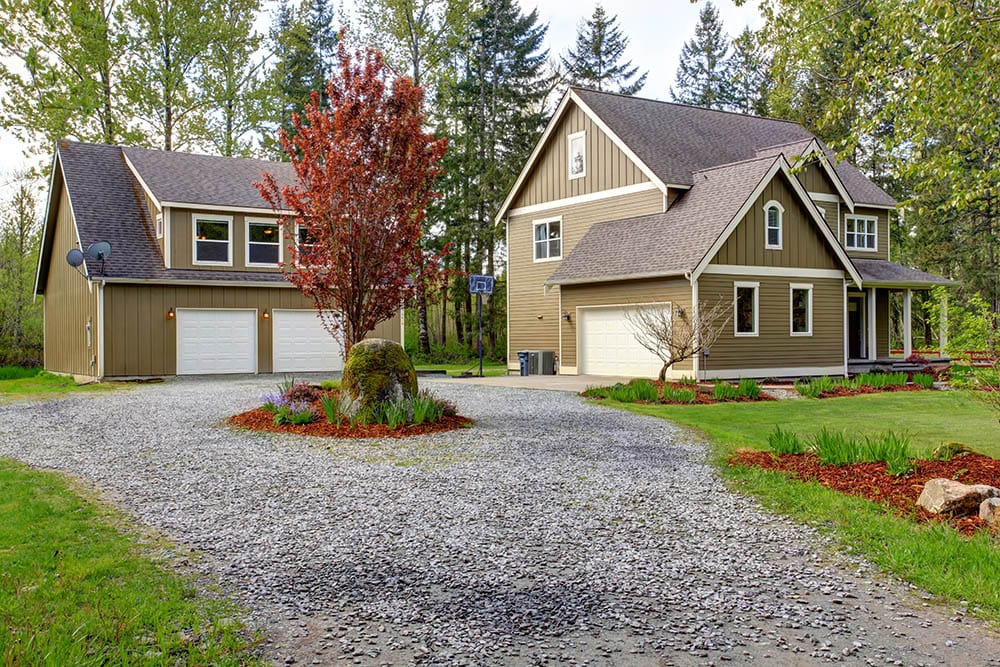
All you need to do to ensure this driveway lasts you a lifetime is to give it a solid foundation and regular maintenance. It also happens to be the cheapest in the market, with incredible drainage.
We however prefer other options because gravel is easy to wash away and supports the growth of weeds. Nevertheless, if you’re into it, your budget should range from $1 to $3 per square foot. That’s more than enough to guarantee you get a two-car driveway.
- See Also: 7 Types of Yard Drains (With Pictures)
Asphalt Driveway
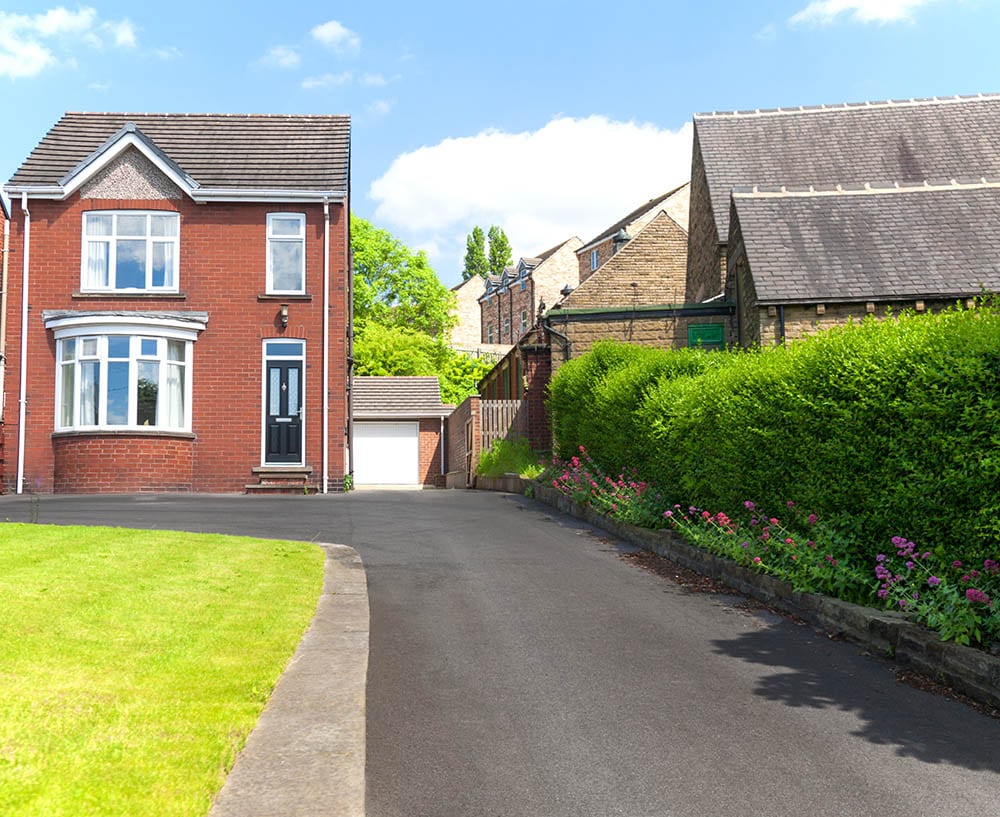
Compared to concrete, this is a cheaper option. And that’s great because not everyone can finance a costly project at a time when the economy is still reeling from a pandemic that caught us off-guard.
The asphalt driveway is also DIY-friendly since it can be resealed to extend its life. Speaking of life, you’ll be glad to know that it’s less susceptible to the effects of salt and ice melt.
A 600 square-foot asphalt driveway will cost you $1,800 to $4,200, and if you take good care of it, it could last for more than 20 years.
Paver Driveway

Unlike the concrete driveway, pavers don’t need any curing time. “Curing Time” is that period when you can’t use your new driveway until it cures. If you do, you’ll end up dealing with cracks, potholes, and a host of other problems that will certainly drain your bank accounts.
We have different types of driver pavers, and they all come with different price tags. The high-end cobblestone or concrete will cost you $25 to $50 for every square foot installed, while the low-end brick pavers go for $10 to $30.
Heated Driveways
This type of driveway is synonymous with regions that experience extremely low temperatures. We’re talking about regions found in the Northeast and Midwest, in case you were wondering. People who reside in those areas will attest to the fact that driving a car up a steep driveway, or even backing out, is usually very difficult and dangerous. Especially if there’s no heat involved. Of course, you could try shoveling, but it’s really not worth it.
Radiant heated driveways don’t come cheap. You’ll have to break the bank for this one, as the prices could go as high as $28 per square foot. The lowest price tag that we’ve ever come across was $12, but that was a while ago.
To facilitate safety, you’re always encouraged to top this driveway with concrete or asphalt. But that could set you back an additional $120 to $600.
Permeable Pavement
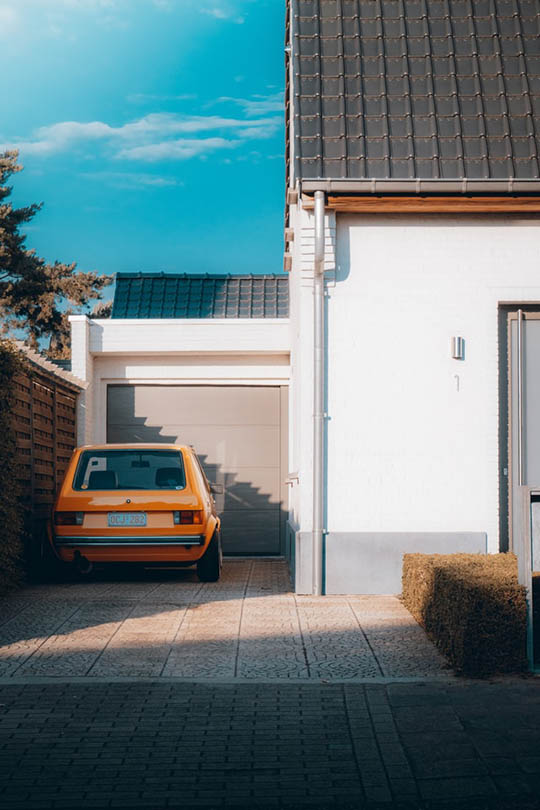
Pavements are typically classified into three variations: pervious concrete, porous asphalt, and permeable pavers. The porous asphalt is more cost-effective compared to the other two, as it only goes for $6 to $14 per square foot. Permeable pavers will cost you $8 to $30, and pervious concrete $8 to $16. If we had to pick the best one based on drainage, we would go with the pervious concrete.
Rubber Driveway
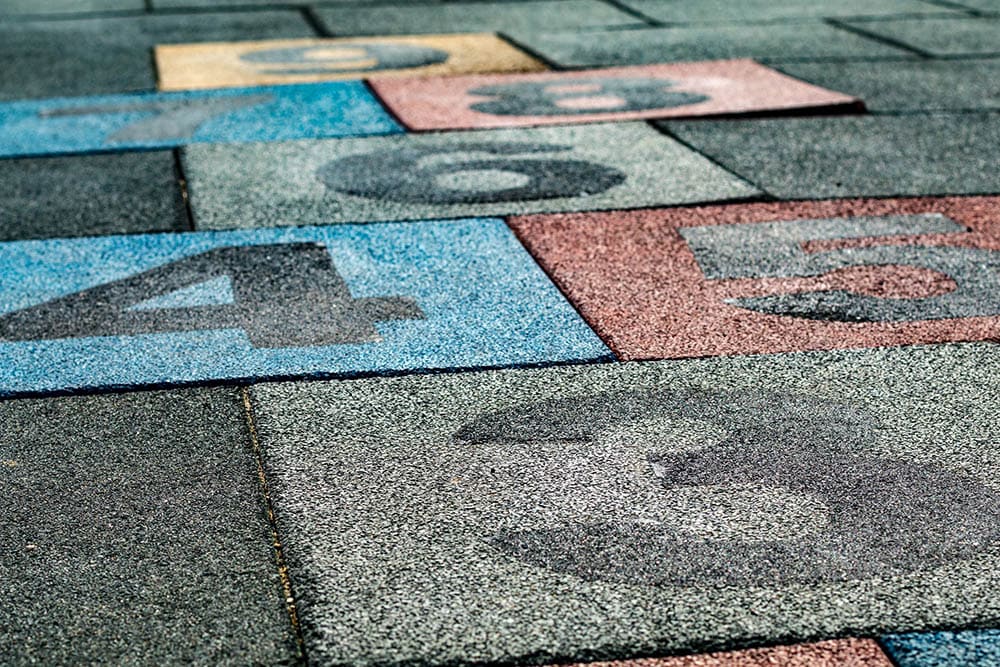
This driveway is meant to cater to environmentally conscious people. The materials are all eco-friendly, and they are normally poured on top of the existing asphalt or concrete. That means they can be customized to give the driveway a unique look if the property owner wants something that’s aesthetically pleasing. Moreover, it is weather-resistant, requires minimal maintenance, and has a long life. Per square foot, you’ll be charged $5 to $12.
Additional Costs to Anticipate
We mentioned earlier that we still have a couple of factors that will influence your total costs. They include:
- Widening: This will cost you an additional $3 to $12 per square foot.
- Design: Not every design will be similar, and that’s why the prices vary. A simpler bland design will be $2 at most, but the colored stains, stencils, and stamped patterns will cost you $15 per square foot at least.
- Excavation: removing all those trees and the soil will cost $5 for every square covered, or more.
- Location: Obviously, you don’t expect someone who has easy access to labor and materials to be charged more than someone who lives in a remote area. We can’t give a ballpark figure on this one, seeing as it’s a very wide range.
- Terrain: If your home is situated in an area that makes it difficult to operate heavy machinery, the price of installation and replacement will go up.
- Labor: This usually accounts for about 50% of the total costs.
- Resurfacing: This is the process of removing the damaged layer, and replacing it with a new one. Because you won’t be removing everything down to the foundation, the costs will be lower. Concrete resurfacing goes for $2 to $8 per square foot, while that of asphalt is $2 to $3.
How Do You Know It’s Time To Replace Your Driveway?
There are a couple of signs to look out for. Some of them are pretty obvious, while others aren’t. But to be sure, you’re always advised to reach out to a reputable contractor who has the prerequisite level of experience to get the job done. You’ll have to do your homework before hiring because you don’t want to settle for someone who’s only motivated by money.
All in all, here are our top 4 signs:
Cracks
Cracks are never a good sign. They always mean the same thing, irrespective of where they end up developing. So if you’ve noticed some of the sections of the driveway have cracks, you need to pick up your phone, and start dialing. Because those cracks are probably telling you that you’re due for a repair job, or in need of a complete replacement.
Just so you know, cracks are usually more apparent in asphalt and concrete driveways. And even though people always assume that aging is the reason why surfaces keep cracking, we know the usage of heavy machinery is also a contributing factor.
There’s nothing good about cracked driveways. All they do is decrease the value of a property, and make the owner look irresponsible. If you keep on ignoring them, salt, oil, and anything else that you could think of will be able to gain access to the foundation and damage it.
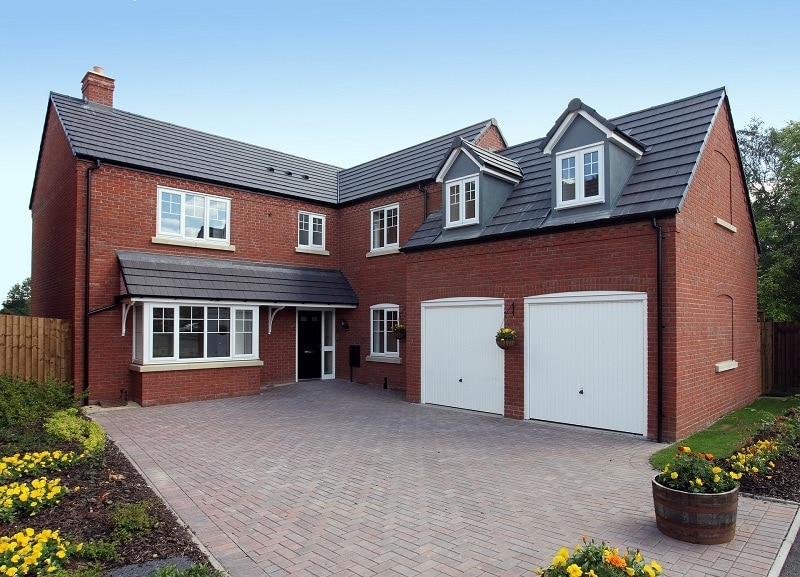
Potholes
You cannot miss a pothole on a driveway, even if you have vision that’s lower than 20/20! Come to think of it, there’s really no sign out there that’s more apparent than potholes. They often develop as a result of continuous wear and tear, ordinarily caused by several factors including harsh weather elements and heavy loads.
It’s not smart to park or drive over a pothole, as this will damage the wheel’s suspension and everything else connected to it. That means that in addition to repairing the driveway, you’ll also have to budget for the vehicle’s replacement parts!
Drainage Quality
A good driveway will have an incredible drainage system. Contractors know this, and that’s why they always make sure they install a drainage system. Poor drainage quality is one of those signs that aren’t so obvious. You’ll have to seek the assistance of a professional, or gauge on your own when the weather changes. If you investigate and find that flooding has somewhat increased, it’s time to call in some help.
For the record, all driveways have curves. This is what makes the water flow into the drain whenever it rains or if you’re cleaning its surface. Leaving that water there unchecked is a terrible idea, as it will eventually weaken spots—ultimately causing cracks and potholes.

Grass and Weeds
Greens are good, but not when they are coming through a driveway’s surface! It’s sort of okay if they are growing at the sides, and not smack in the middle of the driveway. If you’ve spotted something that looks like grass or weed growing through the surface, that could only mean one thing—the driveway has a crack that has the potential of developing into a pothole. Also, if the foundation can support the growth of greenery, chances are it’s been significantly damaged.
Final Words
You’ll have to get a permit before you replace or re-do your driveway. Otherwise, you together with the contractor could be fined or even arrested by the local authorities, and penalized. If you’re not so sure about the approval process, ask around. Depending on your location, the permit should cost you around $50 to $250.
Featured Image Credit: Mikolaj Niemczewski, Shutterstock
Contents




